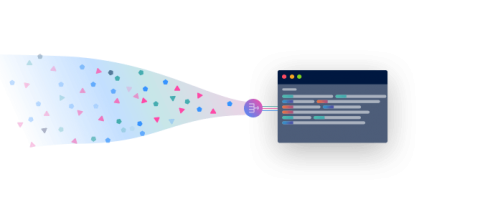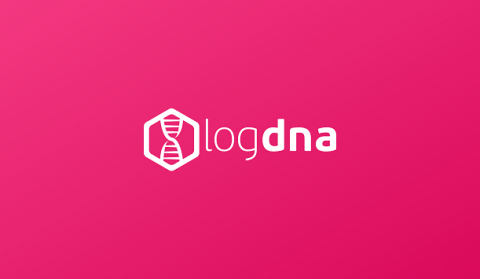Deploying the LogDNA Agent With Helm
Logging your Kubernetes clusters to LogDNA is already a breeze, and now the LogDNA Kubernetes agent Helm chart makes it even easier. Helm is the official package manager for Kubernetes. With Helm, deploying and managing Kubernetes applications is as simple as typing a single command. This makes deploying the LogDNA agent across your cluster absolutely effortless.






